- A Glimpse Into the 2026 Arakan State Parliament
- Junta airstrikes target military outposts seized by Arakan Army in Arakan State
- Motorbike spare part prices skyrocket in Arakan State amid tighter traffic rules
- Kyauktaw IDP camps struggle with inadequate latrines
- Religious freedom, interfaith harmony expand in areas controlled by AA in Arakan State
Myanmar’s trade with Bangladesh slumps due to closure of Angumaw-Maungdaw road
Trade in the Kanyin Chaung economic zone has decreased by some 50 percent as the Myanmar military has blockaded the Angumaw-Maungdaw road in Arakan State’s Rathedaung Township since August 13, according to merchants.
29 Aug 2022
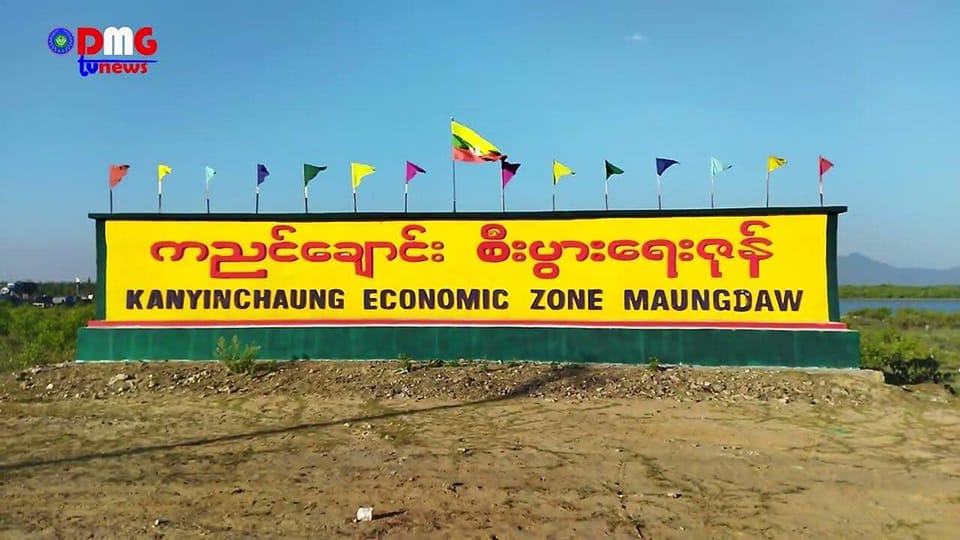
DMG Newsroom
29 August 2022, Rathedaung
Trade in the Kanyin Chaung economic zone has decreased by some 50 percent as the Myanmar military has blockaded the Angumaw-Maungdaw road in Arakan State’s Rathedaung Township since August 13, according to merchants.
Previously, Myanmar’s exports from the Kanyin Chaung economic zone to Bangladesh’s Teknaf reached more than US$2 million per month, but trade volume dropped by about half in August, traders said.
Arakan State mainly exports rohu, dried fish, betel nuts, ginger, onion, freshwater prawns and agricultural products via the Kanyin Chaung economic zone, and typically imports steel and plastics products from Bangladesh.
“Normally, commodities can be shipped to Bangladesh seven days a week through the Kanyin Chaung economic zone,” said U Than Naing, a trader at the Kanyin Chaung economic zone. “Now, we can export goods to Bangladesh only two days a week, and the trade volume has decreased by 50 percent. If this continues, traders may face difficulties and workers may lose their jobs.”
Due to the military’s road closure, merchants wanting to export goods via the Kanyin Chaung economic zone must take circuitous alternative routes. One common path involves driving from Yangon to Sittwe, crossing by boat through the Yaychanpyin jetty, and travelling by vehicle once more along the Angumaw-Maungdaw road after bypassing the blockade.
The Myanmar military has maintained travel restrictions along the Angumaw-Maungdaw road for more than two weeks. Traders say that transportation costs are higher as goods have to travel to Maungdaw town by car after travelling more than 10 hours by boat from Yaychanpyin jetty to Buthidaung.
In the past, goods could arrive from Yangon to the Kanyin Chaung economic zone within five days, but now it is frequently taking more than 10 days.
“A vessel takes two days to go from Sittwe to Maungdaw,” said an unnamed trader. “We have to submit vehicle numbers and the list of commodities to the Arakan State minister for Security and Border Affairs for approval. If we wanted to export commodities via the Kanyin Chaung economic zone using the Angumaw-Maungdaw road [in the past], we had to budget around K100,000 per truck. Now that we have to ship goods via waterways, the cost has increased to around K400,000.”
U Thein Zaw Oo, a merchant, said that due to the protracted journey, the quality of perishable goods has declined and the prices they fetch in Bangladesh have fallen commensurately.
“A product is damaged due to a delay and cannot be shipped to the other country’s market on time. Traders lose money and lose confidence in trading. If this happens for a long time, trade between the two countries may stop,” he added.
“Even though it is not convenient for the traders, they have to continue working so as not to stop their business. Traders are not making as much profit as before and are losing more and more,” lamented U Aung Myint Thein, chairman of the Maungdaw Border Trade Association.
Locals and traders say they have reported their livelihood concerns about the military’s road closure to the relevant authorities, but there has been no response. DMG was unable to obtain comment from Arakan State Minister for Security and Border Affairs Colonel Kyaw Thura regarding the blockade of the Angumaw-Maungdaw road.




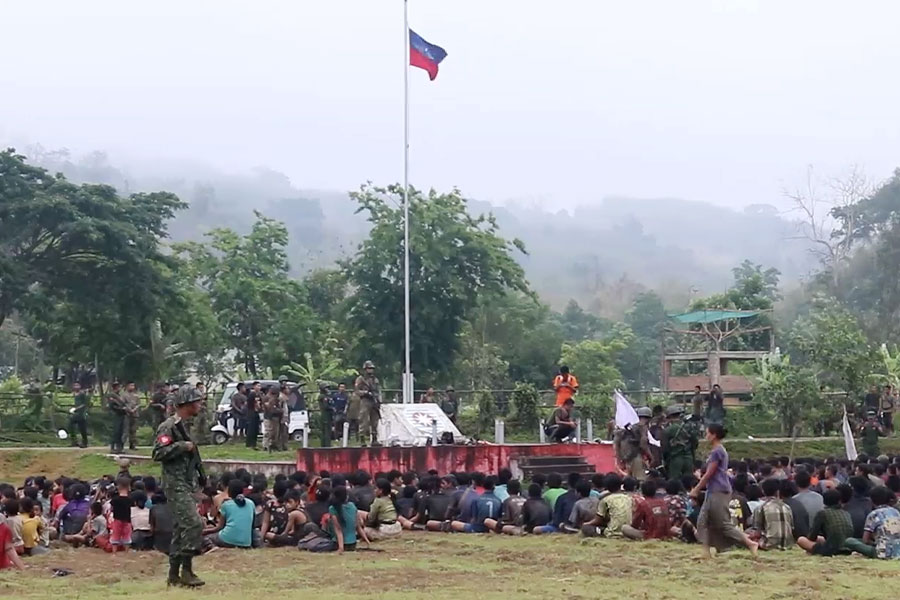
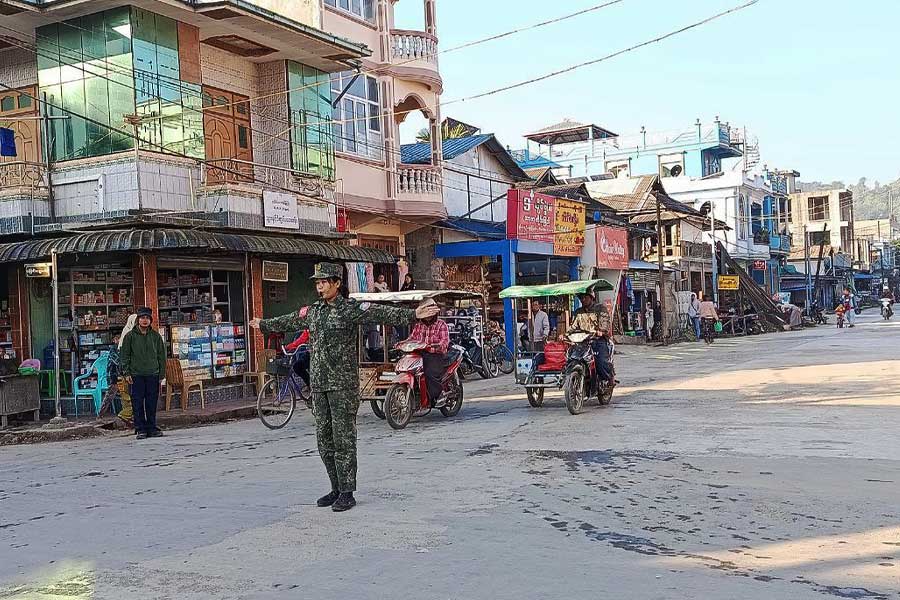
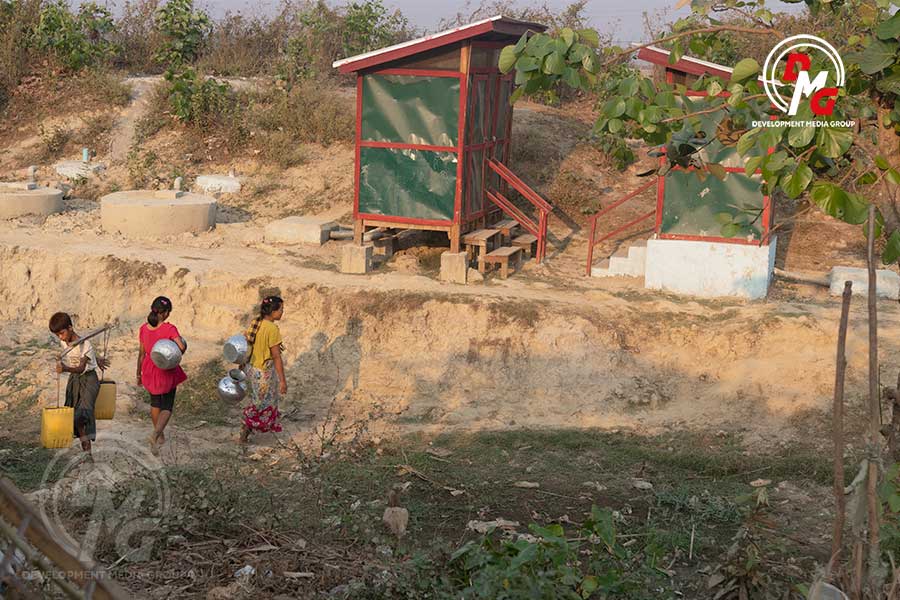
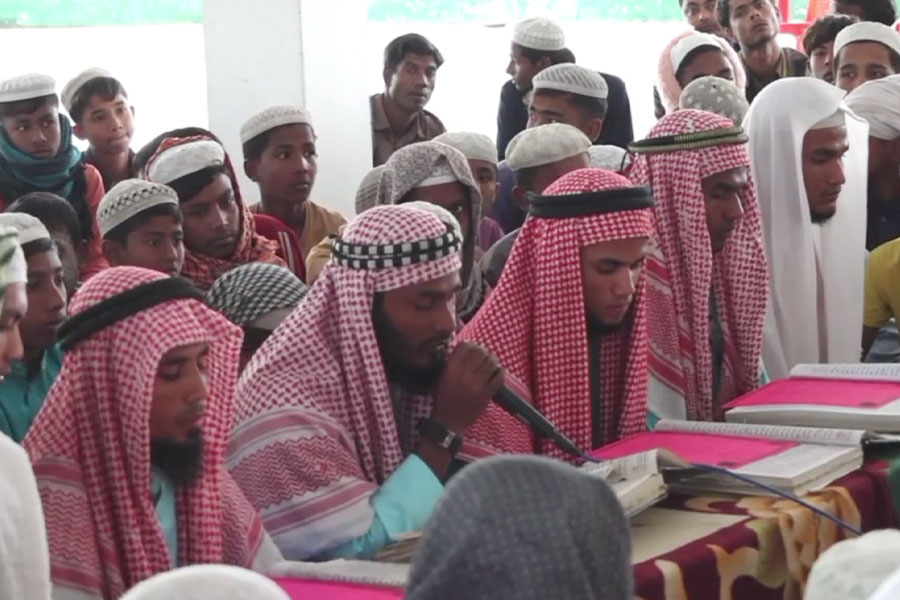
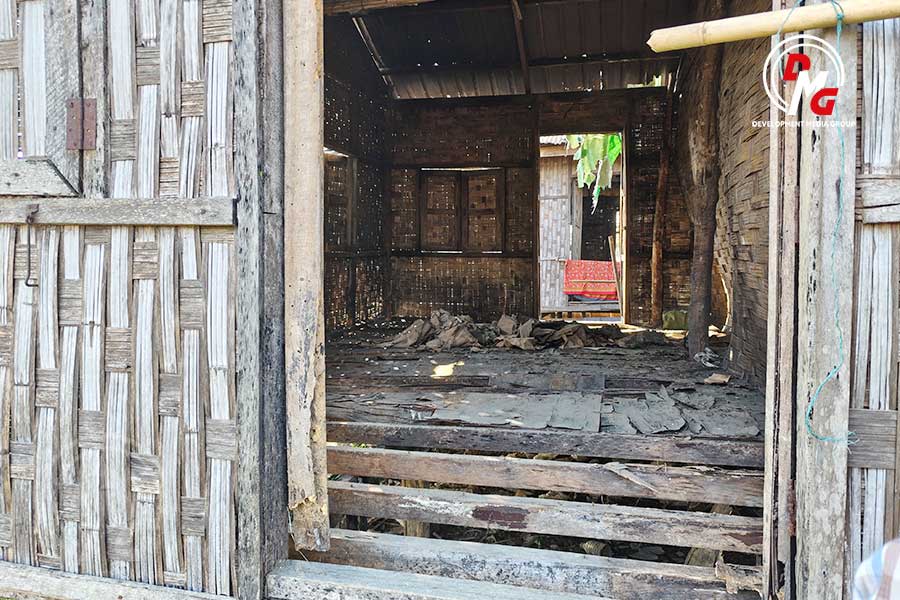







.jpg)
